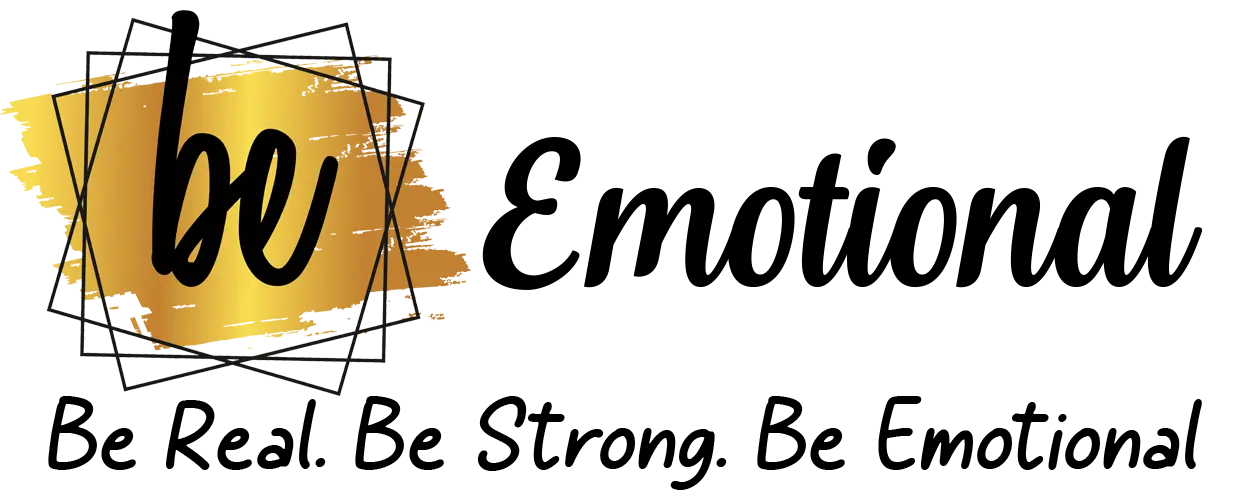Albert Cooper said – “A true history of human events would show that a far larger proportion of our acts are the result of sudden impulses and accidents than of reason of which we so often boast.”
We are programmed to feel our emotions before we process them. This programming served us well when we encountered threats to our life on a regular basis. It played a pivotal role in human evolution and survival by powering our fight, flight or freeze response and protected us from the physical dangers we faced. Today we do not face life threatening situations as often, but our brain has not evolved to differentiate between the types of dangers. It makes us react in the same manner even when we feel a threat to our self-esteem, ego or value system. This programming makes our behaviour reactive, for example when we verbally or physically attack someone or cry (and later regret our reaction).
Unless we can find ways of effectively dealing with everyday frustrations effectively on the spot, the effects will carry over into other areas of our lives. Still feeling frustrated and angry over an incident on the way to work, we might take our frustrations out at our boss, co-workers, employees, or customers. Becoming angry over an incident before we leave work can result in us snapping at our wives, husbands, partners, children, and pets.
We all need tools to step into intentional living, to move from reactive to proactive mindset. One such tool is ‘PAUSE’. When we encounter situations that trigger us, just a six seconds ‘PAUSE’ before reacting helps us to get a distance from the heat of the moment and allows time for the thinking process to start. Once we start to think, our reactions will be muted or changed so that the chances of saying or doing something we will later regret significantly decrease.
During the pause, you might say (for example), “OK, I’m feeling angry/mad/irritated/frustrated, but who’s in charge—my feeling or me, the person experiencing the emotion?” You must acknowledge that these feelings are there—they’re legitimate and significant—but not get swept away by them.
Some examples of where you may want to use the power of pause are beautifully given by tinybudha-
- Pause before judging
- Pause before assuming
- Pause before accusing
- Pause before acting harshly
We would love to hear your ‘pause’ stories. Reach out at manishasingh@purposeladder.com
PS : This was first published in Issue-05 of Resonicle (Newsletter by PurposeLadder)

0 Comments